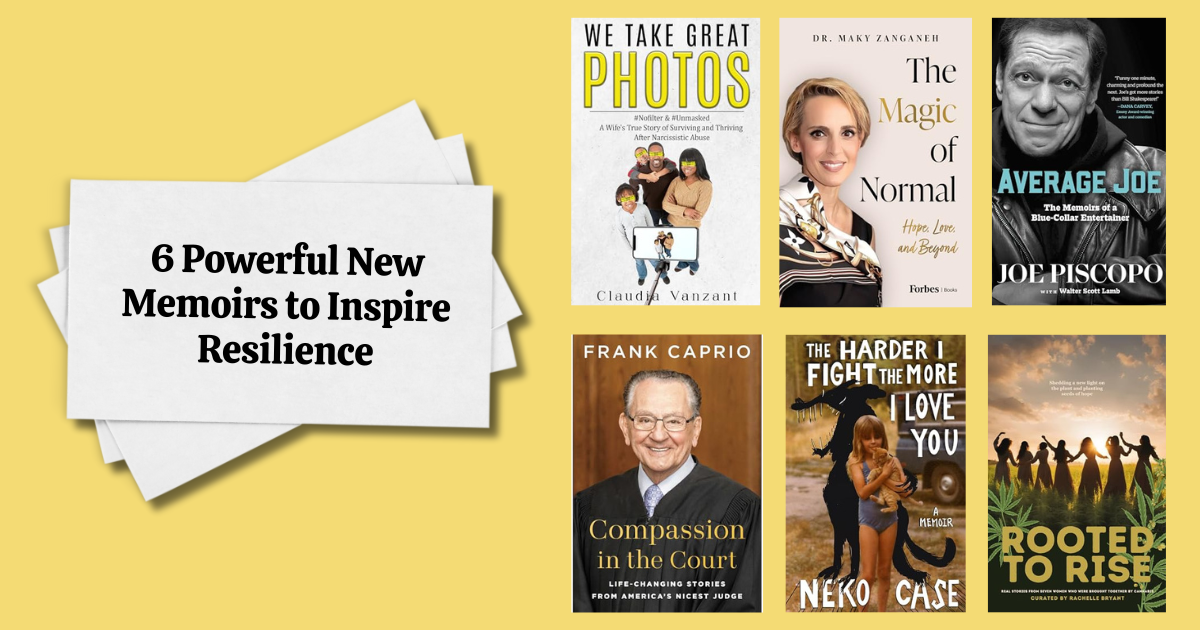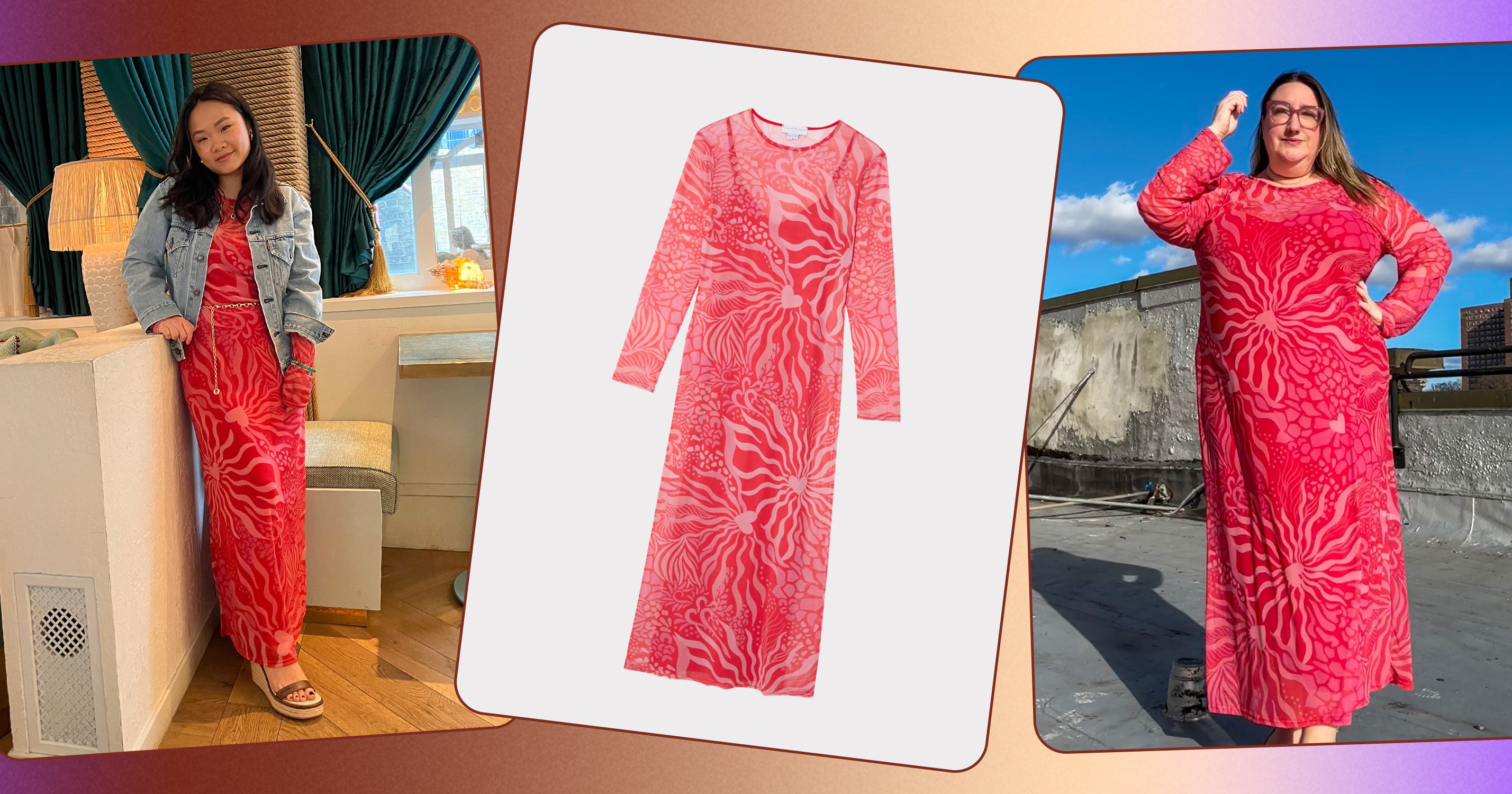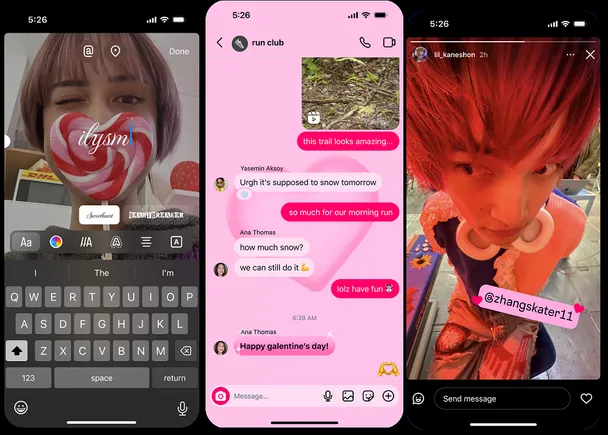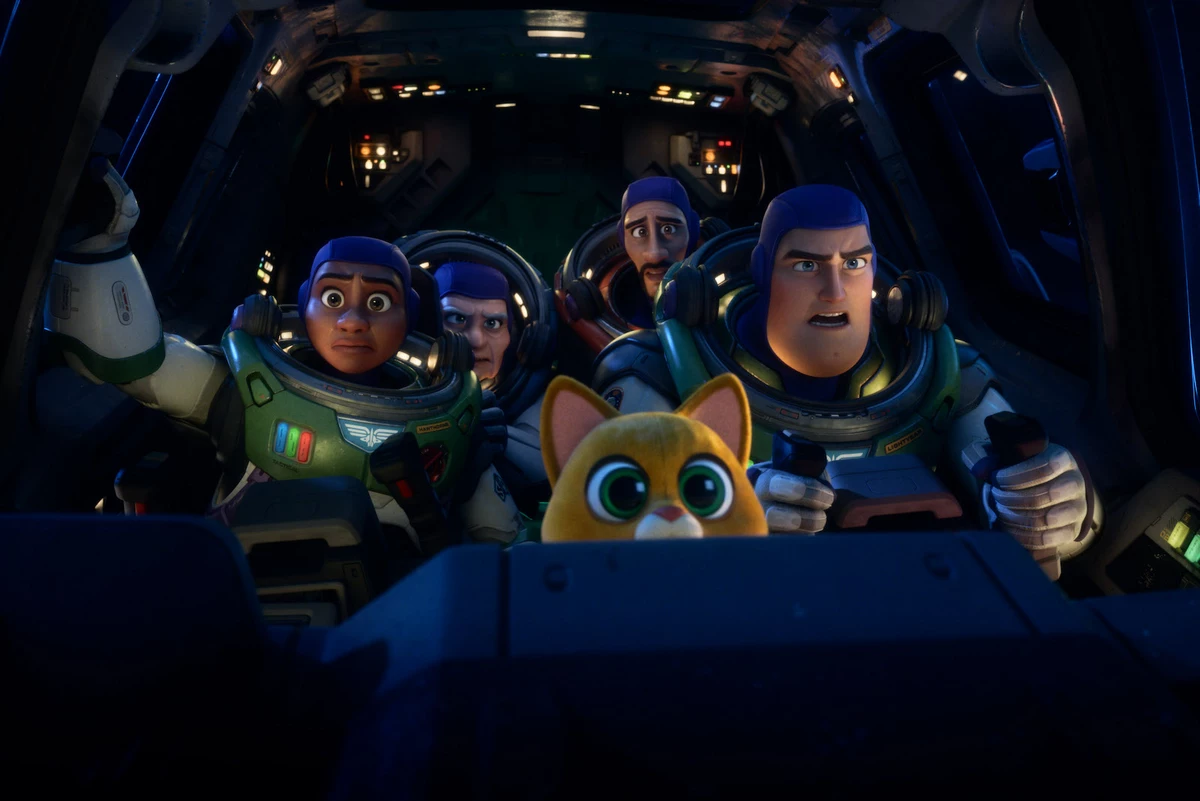Pixar Animation Studios has finally stepped up to the TV plate with their first original series, “Win or Lose.” The Disney-owned animation studio previously produced television specials, miniseries, and shorts, but they were all extensions of their existing films. “Win or Lose” presents an imaginative examination of the interpersonal dynamics within a middle school softball team, encompassing the players, their parents, and their teachers, all undergoing distinct experiences. Think of “Rashomon” in the spirit and imaginative art direction of Domee Shi’s “Turning Red” and Enrico Casarosa’s “Luca”—two of the best Pixar films within the past decade. Yet, I highlight the term “Disney-owned” because, though “Win or Lose” intends to swing big, the Mickey Mouse-shaped softball field the series operates in holds it back in a way that fails creators Carrie Hobson and Michael Yates’ original vision.
Every episode begins the same: The Pickles, a co-ed middle school softball team, full of diverse students, winning their final playoff game. Each installment focuses on one character and the events that precede the Pickle’s imminent statewide championship game. The character then undergoes a familiar coming-of-age arc, grappling with life’s challenges, all while utilizing a visual gimmick that metaphorizes their internal thoughts of themselves or their surroundings.
For example, the first episode, titled “Coach’s Kid,” starts with familiar territory: Laurie (Rosie Foss), the daughter of the encouraging Coach Dan (Will Forte, whose voicework is like a warm hug every time), doesn’t pull her weight on the team whether at bat on the field. An amalgamation of her anxiety and self-doubt forms into Sweaty (Jo Firestone), a big wet ball that feeds into Laurie’s fears and progressively gets bigger throughout. Of the four episodes provided, “Coach’s Kid” is the most “Inside Out”-esque of the bunch, heartwarming but oddly familiar.

The other episodes take strong liberties that feel refreshing even for Pixar; take “Blue” and “Pickle,” which revolve around millennial adults going through tumultuous times. “Blue,” the school umpire/history teacher Frank (Josh Thomson), has difficulties getting back into dating. He’s so emotionally closed off, he sees himself dressed like a fantasy game character, equipped with a sword and shield in hand. “Pickle” follows Vanessa (Rosa Salazar), the mom of Pickles catcher Rochelle (Milan Ray), who struggles as a single parent to her daughter and toddler while also juggling being a content creator. Every time she feels exhausted or feels that her life is not running smoothly, she snaps into action, boosting her mood. The millennial perspective on motherhood is particularly compelling from a visual and story standpoint and goes into bold areas for the studio.
The four episodes provided are loaded with vibrant personality and color. “Win or Lose” feels like it’s from the world of “Turning Red” through and through via its kinetic movement, propped by strong hyperbolic expressions that add to the comedic flair. Its welcoming combination of animation techniques and art style to personalize every character’s episode always keeps you guessing what unique direction the next episode is going to take.
I would be lying if I didn’t address Disney’s cowardly move to recut the series, delaying it long after it was completed—was originally set to release in December 2023 — to cut out a transgender storyline revolving around star player Kai (Chanel Stewart). Though Kai’s episode “I Got It” wasn’t screened for me, her appearances in the episodes portrayed her as straight and cisgender. It felt like a one-two punch after the sheer cowardice of “Captain America: Brave New World,” where any mention of identity pertaining to her existence is swept under the rug to conform to the racism and transphobia of the Trump administration.

At its core, “Win or Lose” tackles the importance of identity and the conversations we have with ourselves about our perception of the world. Where it stands, it appears that the conversations can only pertain to mental health and lifestyle; race and gender are where the buck stops. A series featuring a diverse ensemble, focusing on children and adults trying to connect with one another, merits telling in all its authenticity, as its creators intended. Not in a cowardly way to appease an administration unlikely to care about any individual who flies a rainbow flag or doesn’t look as white as Disney’s first princess. To see Pixar (and Disney by extension) take a step back in LGBTQ representation for the umpteenth time, this time acting as if trans youth are nonexistent (during Black History Month, no less), is infuriating. Not only that, it’s harmful to kids like Kai, who deserve to be seen.
I commend the creatives’ efforts in including a Black trans character and fighting to make her whole, so anything I have against the show is not their fault. I’ll let the words of an unnamed former staffer put it bluntly: “It’s just very frustrating that Disney has decided to spend money to not save lives.”
I’m looking forward to the day when Pixar and its animators dissociate themselves from Disney so they can create inclusive stories, as their creatives have been trying to do for a long time. If this was released in its original form, then I would be proud to call “Win or Lose” a home run.
Four episodes screened for review. Series airs Wednesdays on Disney+.







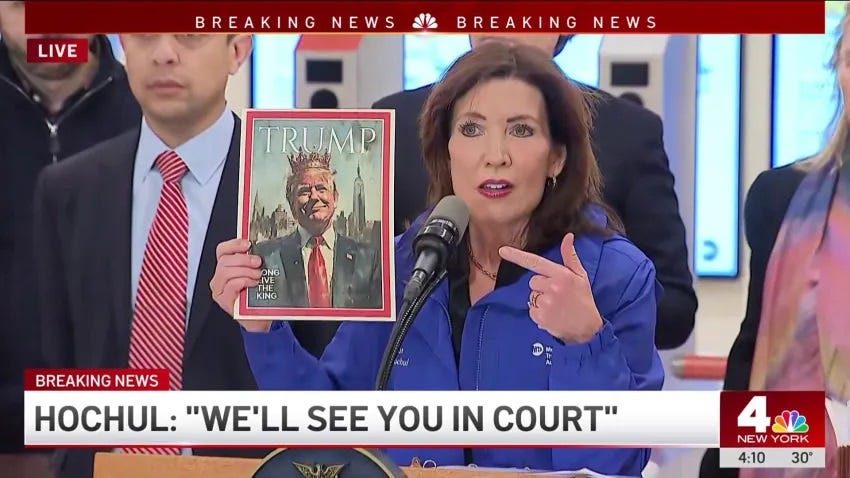

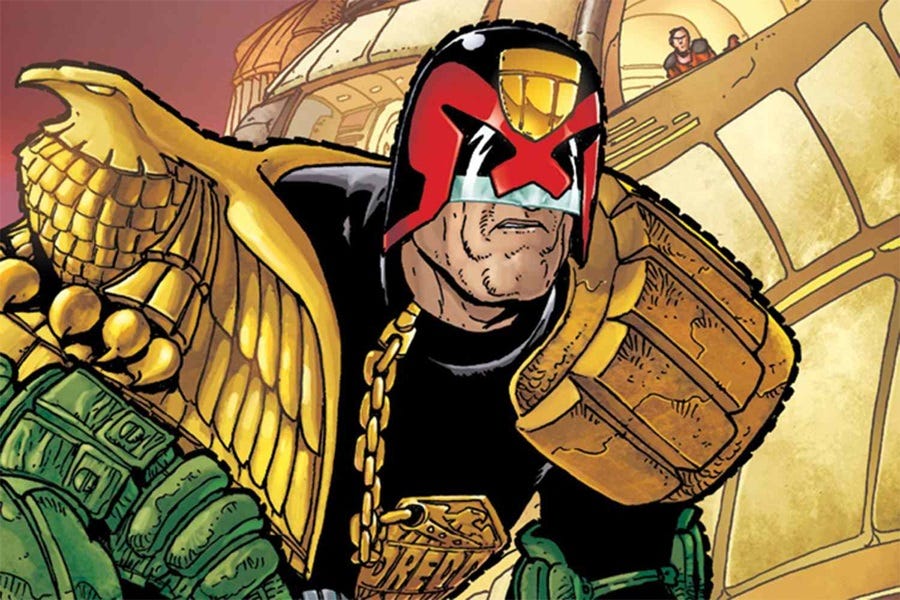











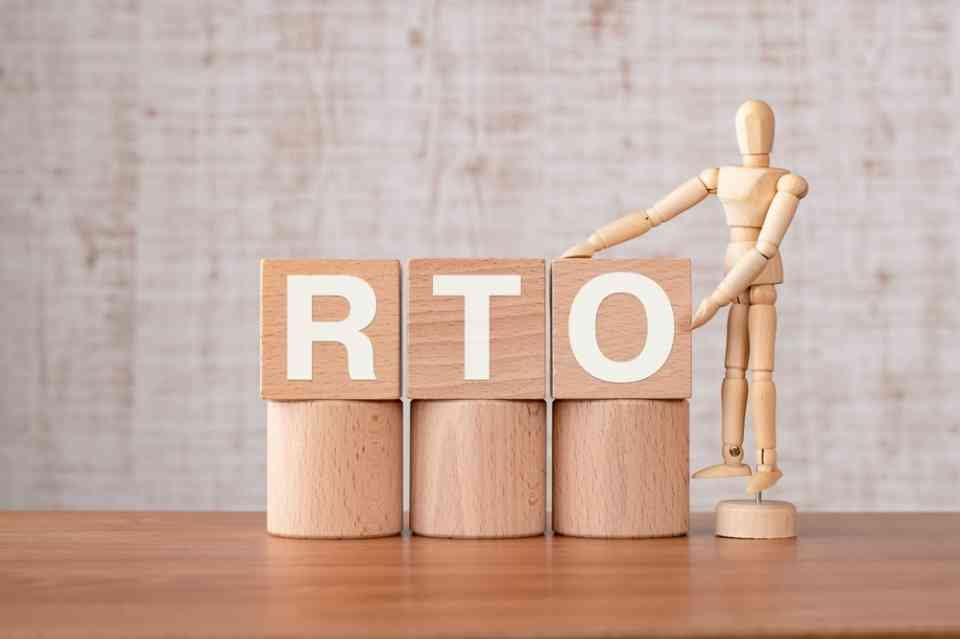





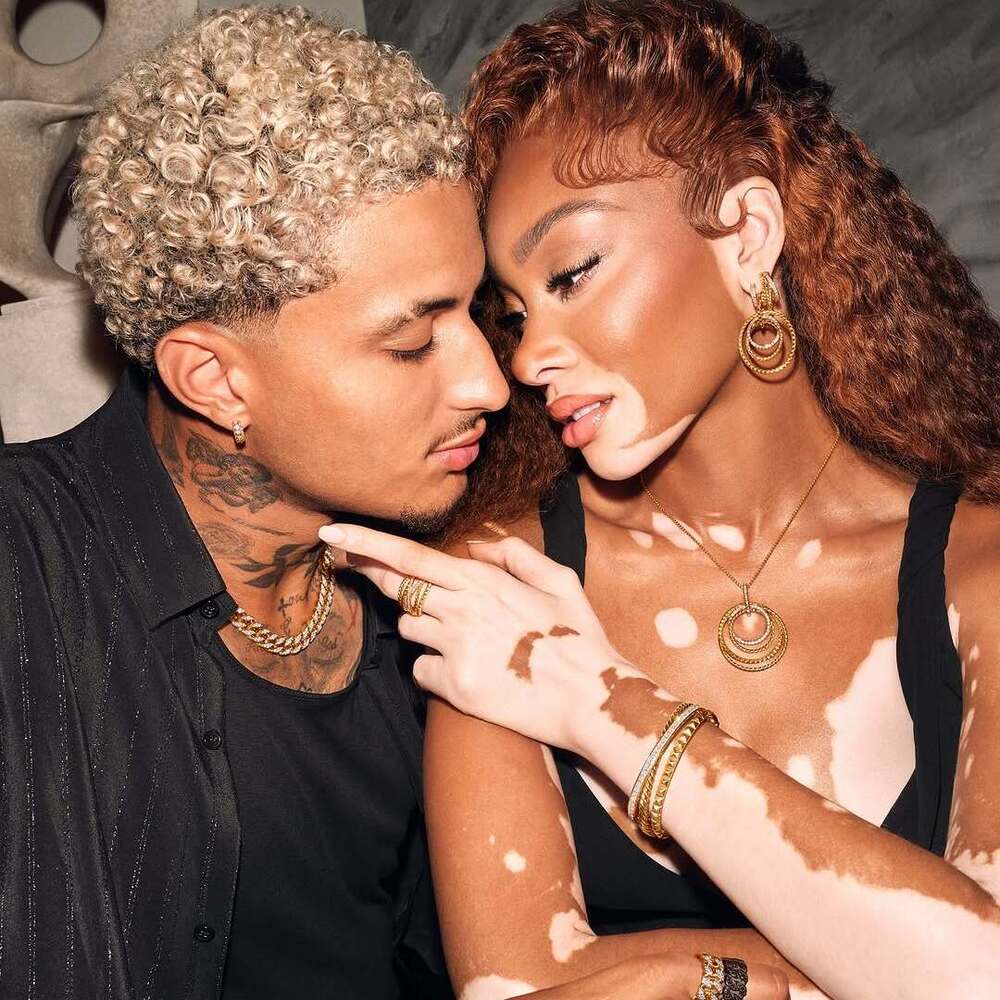

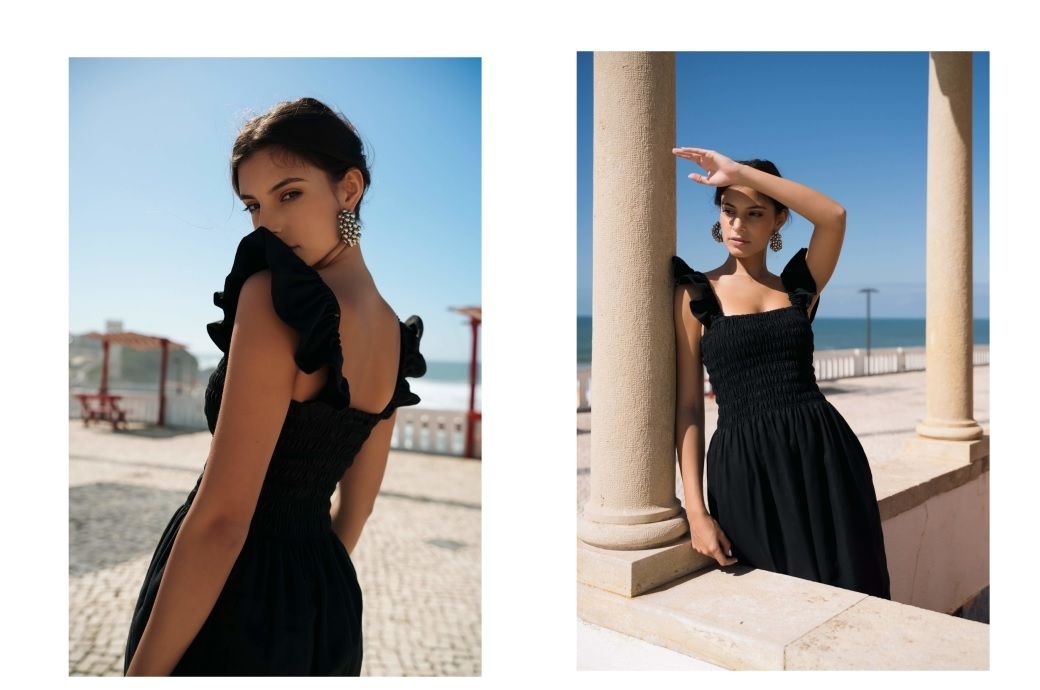
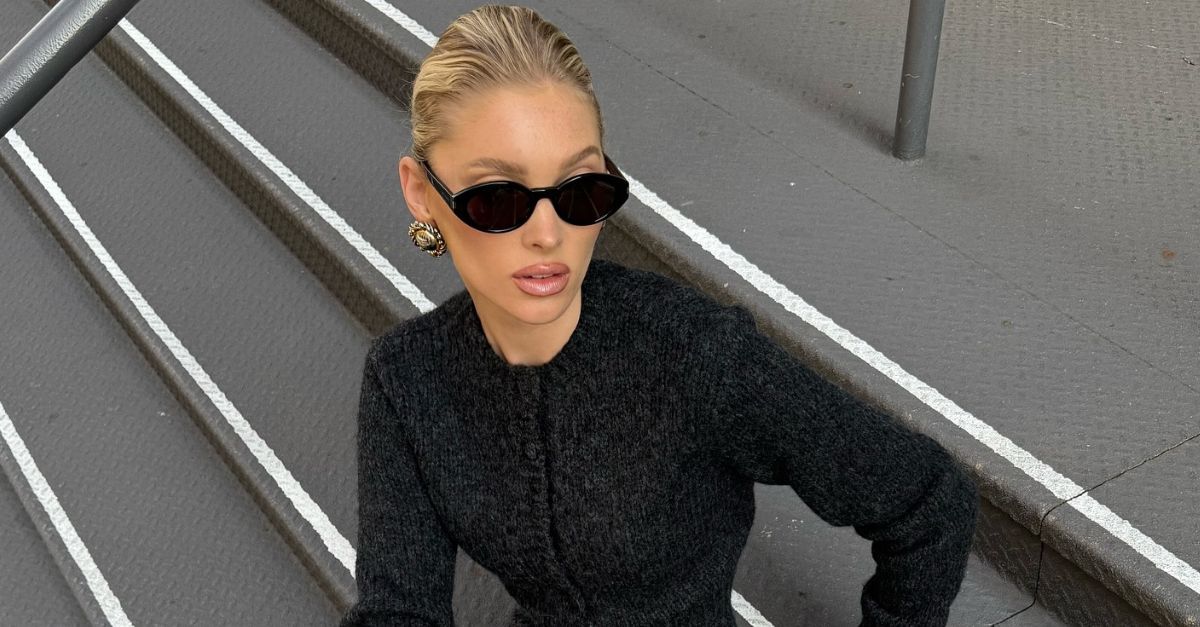









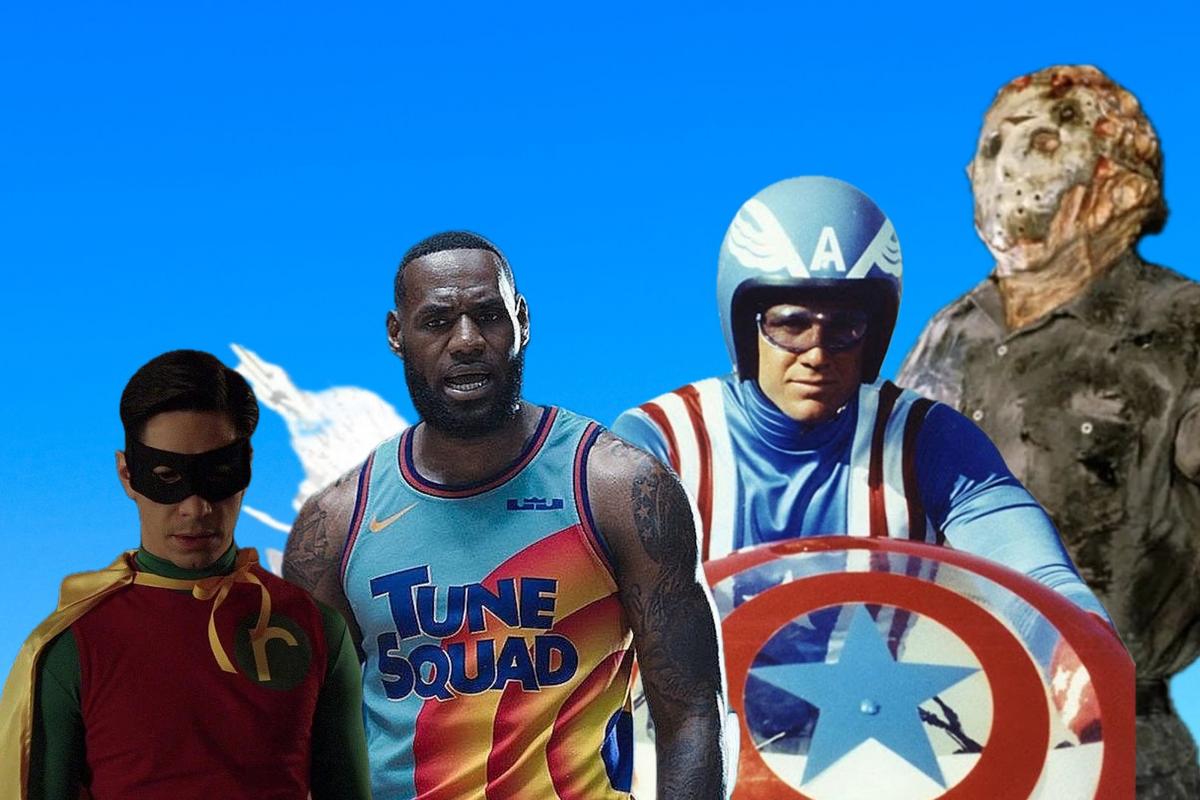




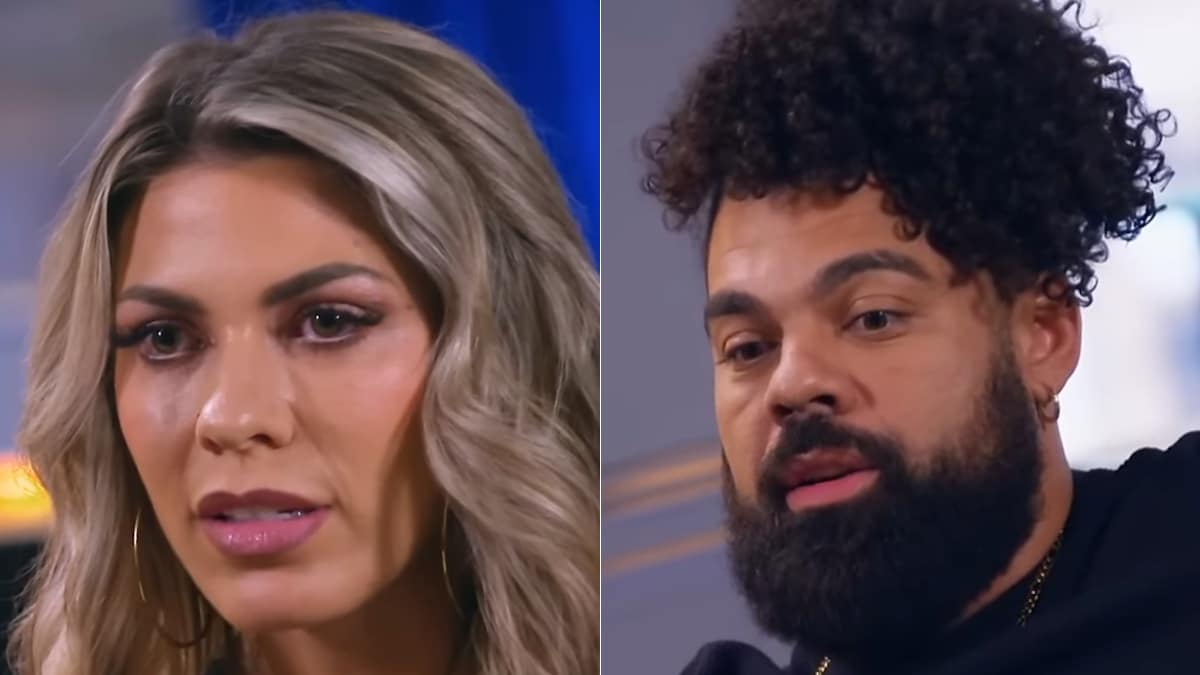










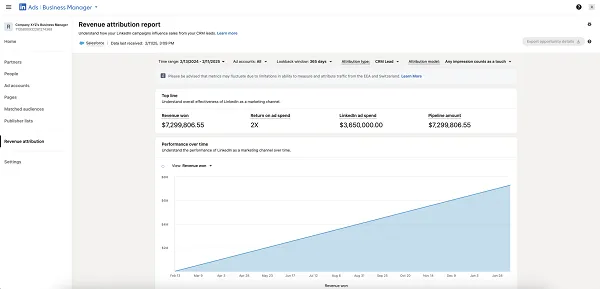


![Assessing the Winners of the Super Bowl Ad Blitz [Infographic] Assessing the Winners of the Super Bowl Ad Blitz [Infographic]](https://imgproxy.divecdn.com/kzzGkWf5O2q5NPX8no-8ErGd5bFiXZjPZlEp8PIZVsw/g:ce/rs:fit:770:435/Z3M6Ly9kaXZlc2l0ZS1zdG9yYWdlL2RpdmVpbWFnZS9zZW1ydXNoX3N1cGVyX2Jvd2xfMjAyNTIucG5n.webp)



